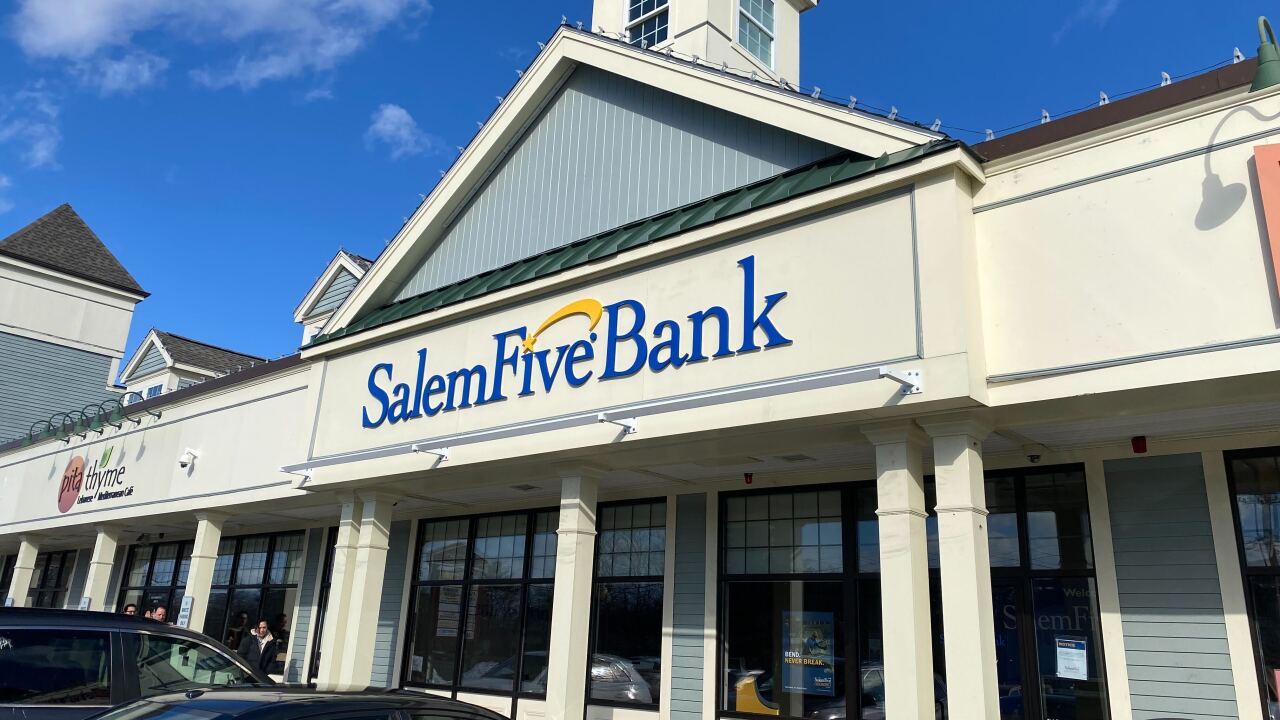E-commerce payment fraud losses are mounting, giving merchants the opportunity to dump responsibility on their technology partners, but there's no surefire way to totally offload the financial hit.
Shopify just released a suite of new payment technology that prominently features a fraud protection service in which Shopify will automatically reimburse merchants if a protected order results in a chargeback due to fraud, a hedge against security fear holding merchants back from a more aggressive embrace of digital shopping.
Shopify's hardly alone. Fraud guarantees have become increasingly popular, with providers such as Forter, Riskified and Vesta offering similar services for different merchant segments, said Al Pascual, senior vice president and head of research for Javelin Strategy & Research.

"At the end of the day, CNP fraud continues to rise, so what's a merchant to do?" Pascual said. "You can invest more time and energy year after year with no end in sight to fight fraud and deal with the fallout from the chargebacks, or you can shift that responsibility to someone else."
It doesn't take much looking to find serious revenue drains.
These numbers are a chill to omnichannel and e-commerce activity, despite changes in consumer habits that make these new channels almost unavoidable for merchants. For technology providers that rely on merchants embracing digital shopping, it's a case of if you can't beat them, pay them.
Shopify's Fraud Protect for Shopify Payments, which will be rolled out to the U.S. this summer and other markets later, analyzes each eligible order for fraud to eliminate manual reviews and route orders more quickly onto fulfillment.
"Essentially what we're doing is protecting every online order that comes through Shopify payments against fraudulent chargebacks," said Mohammad Hashemi, Shopify's director of product for financial solutions.
Shopify, which will use its analytics technology and other information to spot potential fraud, expects merchants to "protect" most of their orders, meaning the merchants don't have to flag orders they deem are suspicious ahead of time.
The fraud product is paired with a full menu of features that Shopify hopes will boost multichannel payments. It has upgraded Shopify POS to include a software development kit for third parties, introduced a tap and chip reader to accept all contactless payments, and added a marketing section to its Shopify dashboard and a dynamic checkout that surfaces the consumer's preferred payment method directly to the product page. Other, more back-office-oriented features include inventory management, localized language features and new marketing technology.
"The merchants don't have to worry about orders; they can go with peace of mind. We make sure the costs are not passed on to the merchant," said Hashemi, who added that the reimbursement promise is designed to free up time for the merchants to ship more orders.
Third-party fraud guarantees are a complex decision for merchants. It may not make sense in all cases, especially for a higher touch clientele or with existing sophisticated fraud prevention, Pascual said.
And, of course, the merchant isn't entirely dumping the cost of fraud onto another company.
"These services are not cheap," said Julie Conroy, a research director at Aite Group. Vendors that offer a chargeback guarantee typically charge somewhere between 50-150 basis points per transaction, she added, with that price depending on the type of goods that a merchant sells and the degree to which they are high risk.
"This is quite expensive, so merchants who use these products have made the business decision to pay the price to offload the process entirely, rather than build an internal competency," Conroy said. "There are a number of merchants who just want to sell their stuff and are willing to make that trade off — but many are not, given the per transaction cost, and since it’s putting the transaction approval decision in the hands of a third party."
Shopify didn't provide detail on its fees, saying that the cost will vary but that the value will be a "small percentage" of the volume that is protected.




